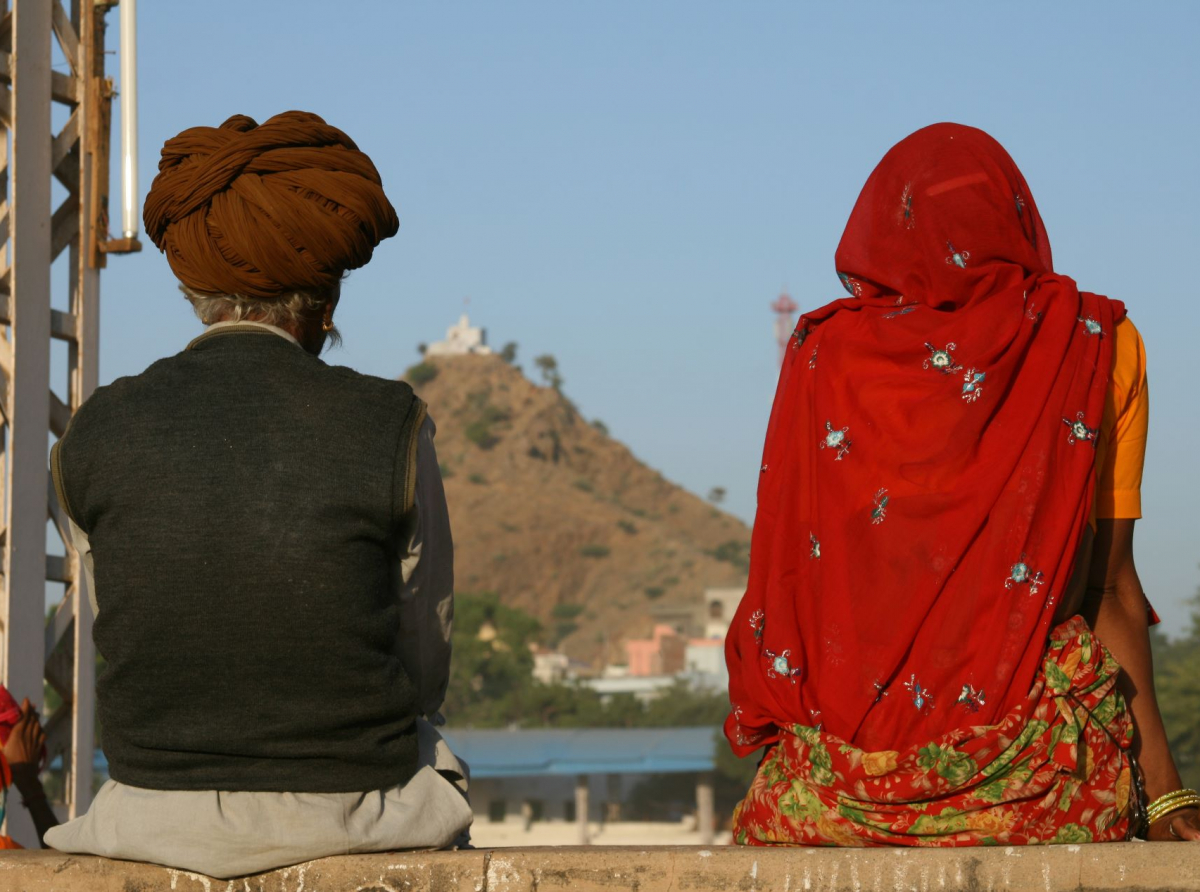Harihar Bhattacharyya
The article examines the various facets of the challenges to asymmetric federalism in India in comparative perspective and in the appropriate theoretical framework of asymmetric federalism. Asymmetry, conceptually speaking, is linked to the so-called politics of difference and recognition in post-liberal political theory. The abrogation of Article 370 that ensured federal asymmetry in India in 2019 by the Union government and its judicial approval in 2023 has been very challenging to Indian federalism. Since the States in India are based mostly on some ethnic identity, any attack on the States, let alone taking away statehood, affects the sensitive ethnic identity. The erstwhile Jammu and Kahmir – now demoted to a Union Territory – was India’s only Muslim majority State bordering Pakistan. The problems of autonomy of Sabah and Sarawak in Malaysia are discussed in comparative terms. This article argues that in multi-ethnic countries, different forms and layered of federal asymmetry are a must to accommodate ethnic diversity for recognition, and political stability.





